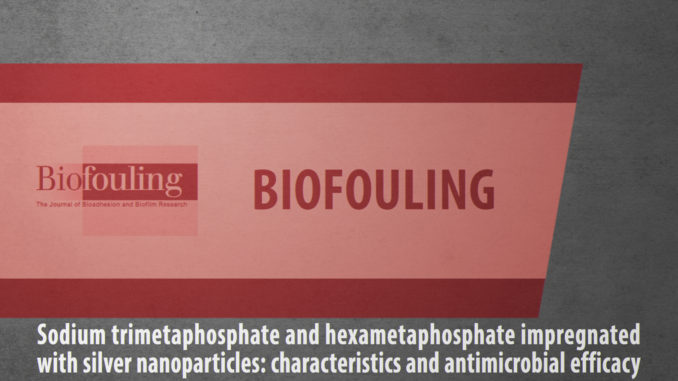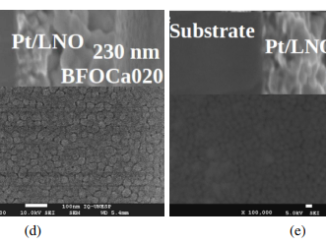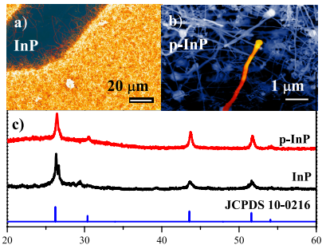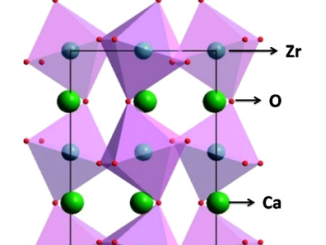
Sodium trimetaphosphate and hexametaphosphate impregnated with silver nanoparticles: characteristics and antimicrobial efficacy
Abstract: This study aimed to synthesize and characterize materials containing silver nanoparticles (AgNP) with polyphosphates (sodium trimetaphosphate (TMP) or sodium hexametaphosphate (HMP), and evaluate their effect against Candida albicans and Streptococcus mutans. The minimum inhibitory concentration (MIC) was determined, which was followed by the quantification of the biofilm by counting colony-forming units (CFUs), the amount of metabolic activity, and the total biomass. The MICs revealed greater effectiveness of composites containing 10% Ag (TMP+Ag10% (T10) and HMP+Ag10% (H10)) against both microorganisms. It was observed that T10 and H10 reduced the formation of biofilms by 56-76% for C. albicans and by 52-94% for S. mutans for total biomass and metabolic activity. These composites promoted significant log reductions in the number of CFUs, between 0.45-1.43 log(10) for C. albicans and 2.88-3.71 log(10) for S. mutans (p < .001). These composites demonstrated significant antimicrobial activity, especially against S. mutans, and may be considered a potential alternative for new dental materials.
Author(s): Mendes-Gouvea, CC; do Amaral, JG; Fernandes, RA; Fernandes, GL; Gorup, LF; Camargo, ER; Delbem, ACB; Barbosa, DB
BIOFOULING
Volume: 34 Pages: 299-308 Published: 2018
DOI: 10.1080/08927014.2018.1437146




